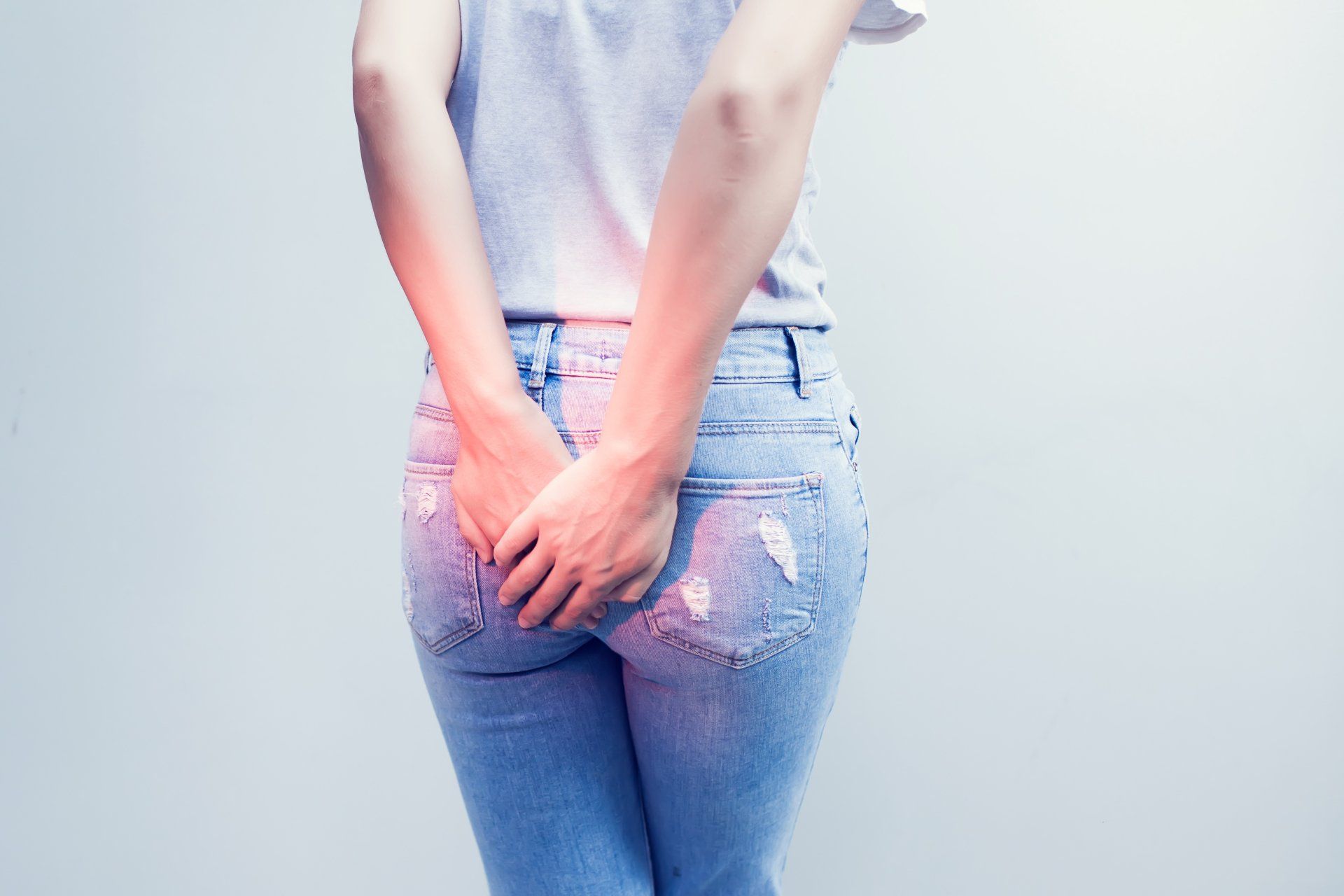Do you know what or where your pelvic floor muscles are?
Do you know what the pelvic floor muscles do?
Do you know how to make your pelvic floor muscles contract or relax?
Do you have any of the following symptoms of pelvic floor dysfunction?
Do you leak wee when you exercise/cough or sneeze?
Do you feel like you don't empty your bladder or bowels completely when you go to the toilet?
Are you always looking for a toilet and going just in case?
Do you have an after-dribble?
Do you find yourself straining or spending more than 10 minutes per day on the toilet to poo?
The Pelvic Floor
What is the pelvic floor?
The pelvic floor muscles are a group of muscles and ligaments that are as thick as the palm of your hand, and they create the 'floor' of your pelvis, attaching to the pubic bone at the front and your coccyx at the back.
What does your pelvic floor do?
These muscles help you maintain control of your wee and poo, they also help to support your pelvic organs (bladder, bowel and uterus) helping prevent them from falling down into the vagina (prolapse). The pelvic floor also aids in your sexual function, arousal and orgasm.
What can cause Pelvic Floor concerns?
Prostate or pelvic surgery including bowel resections
Heavy lifting
Constipation and straining
Weight changes (particularly an increase in abdominal fat)
Chronic coughing
Radiation therapy
How can my Physiotherapy services help you?
My Physiotherapy services can help you , for most men I am able to restore your full Pelvic Health and provide you with a substantial improvement in your quality of life.
I will provide you with an individualised assessment and treatment plan for your Pelvic Floor concerns.
Treatment may include:
- Pelvic floor muscle training
- Advice and education on suitable exercise and fitness programs
- Advice and education on your bladder and bowel habits
It's never too late for you to have a pelvic floor check
If you have concerns about your Pelvic Floor, Post Prostate Surgery or you are about to undergo Prostate Surgery, please don't hesitate to contact me to make an appointment.
I can help you maintain your optimal Pelvic Health for life.





